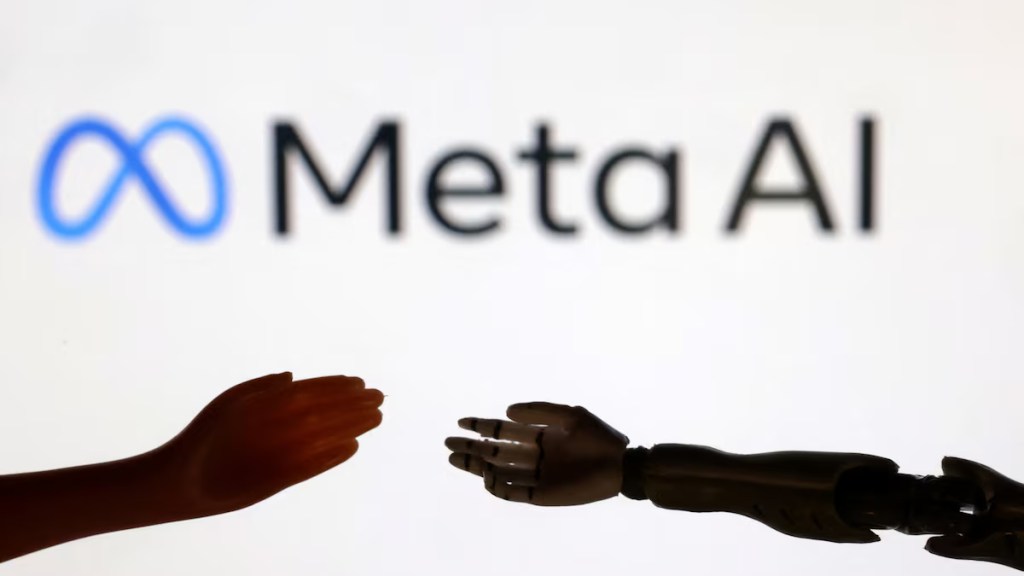Meta Platforms Inc. has unveiled the second iteration of its Llama Impact Grants program, announcing a substantial Rs 16 crore ($2 million USD) in awards. This initiative underscores Meta’s commitment to harnessing the transformative power of artificial intelligence (AI) to boost human productivity, creativity, and quality of life. By providing open-source AI tools, Meta aims to ensure that the benefits of AI reach a broad spectrum of organisations worldwide.
Llama 3.1 Impact Grants
The newly announced Llama 3.1 Impact Grants are now open for applications. Meta is seeking innovative proposals that leverage the enhanced features and capabilities of its latest large language model (LLM), Llama 3.1. This model supports several previously unsupported languages, including French, Hindi, Italian, Portuguese, Spanish, and Thai. Llama 3.1 rivals top AI models such as GPT-4, GPT-4o, and Claude 3.5 Sonnet across several benchmarks including general knowledge, reasoning, math, tool use, and multilingual translation, offering immense potential for diverse applications.
This year’s grants will be awarded through two primary channels: an open call for applications and a regional events series. Eligible organisations globally can apply online for grants of up to $500,000 USD to support their AI-driven projects. Additionally, Meta will host events around the world to offer technical guidance and mentorship to prospective applicants. These events will focus on themes deemed urgent by local stakeholders, such as agriculture, health tech, cultural preservation, and more. Attendees at these events can receive specialised awards of up to $100,000 USD, in addition to being considered for the larger open call grants.
The Llama 3.1 initiative builds on the success of Meta’s inaugural Llama Impact Grants program. This earlier program supported innovative uses of Meta’s open-source AI models, Llama 2 and Llama 3, addressing critical global challenges in education, the environment, and open innovation. Meta received over 800 applications from more than 90 countries. Finalists and runners-up gained access to mentorship, support, and community resources, with projects ranging from AI-powered math teacher assistants to models closing information gaps in maternal healthcare.
Meta’s push for open-source AI is grounded in the belief that AI can significantly enhance economic growth and progress in various sectors, including education and science. By democratising access to advanced AI models like Llama 3.1, Meta aims to unlock new opportunities for organisations worldwide, fostering a more inclusive technological ecosystem.








